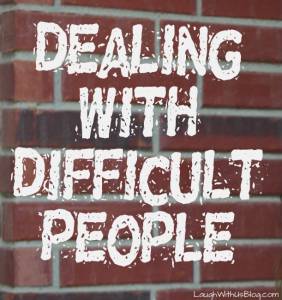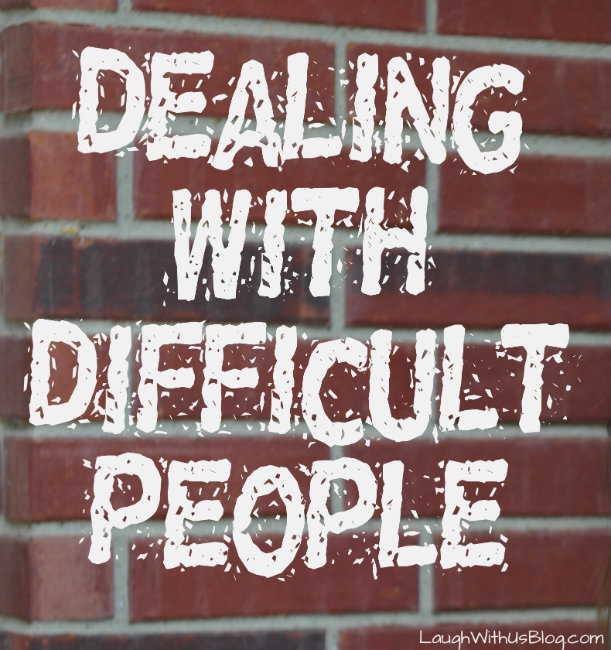
Dealing With Difficult People
At times, we interact with people who try our patience or cause us to feel anxious if they become emotionally upset. Some people may even have to interact with individuals who become extremely agitated, antagonistic, and attempt to instigate arguments. Clients report to me that when they attempt to remain calm during these types of conversations, they often find themselves becoming emotionally agitated and engaging in argumentative behaviors. Moreover, clients also report that when they attempt to stop or leave the conversation, the other individual continues to follow them and further instigate.
When working with clients, I assist the individual to not take personally the actions of the other person. Often, clients report becoming frustrated when they are not able to share and express their perspective. I explain to clients that the other person appears to be in an unreasonable state and most likely cannot hear alternative perspectives. Then, I discuss with the client that it is best to remain calm should the other person become further agitated. At times, clients and new social workers may take on the responsibility of another person’s emotions. Should this occur, I assist clients with identifying self-reminders to remember they only have control of their thoughts, feelings, and/or behavior and do not have control over another person’s feelings and/or actions. As individuals realize they have no control or responsibility over another person’s actions, they often experience less anxiety when dealing with confrontation or difficult conversations. When a person remains calm during these types of situations, I then discuss active listening strategies to utilize in the moment that can de-escalate the situation, creating an environment for an open conversation.
It can happen that a person may become more agitated when an individual remains calm and does not engage in escalation. Additionally, there are people who continue to escalate when a person attempts to utilize active listening strategies to de-escalate the situation. To prepare a person for this outcome, I help clients to recognize the signs of when it is time to exit a conversation. I discuss strategies such as contacting another person who could intervene so the client may leave the conversation if he or she is unable to physically leave the social environment. It can be challenging to interact with difficult people, but there are strategies to implement during conversations that help to reduce conflict.


Add Comment